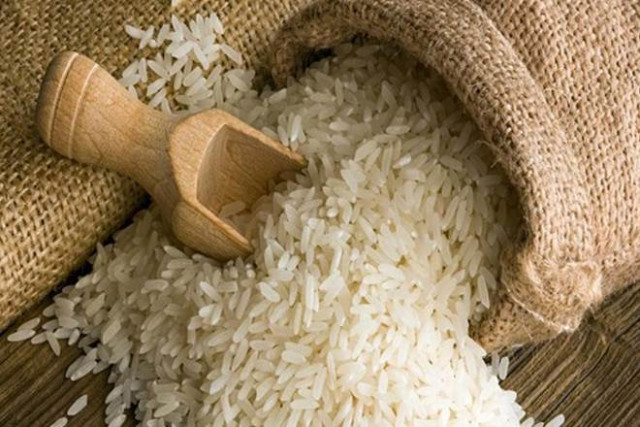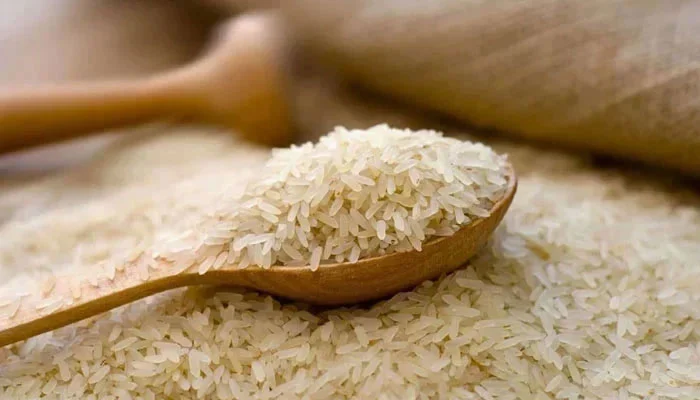Tags
After wheat, rice and sugar, India bans onion exports
Friday’s ban, according to the market observers, would send the price of the vegetable to over Rs200 per kg in Nepal’s retail market. It is already in short supply.

In mid-November, the price reached Rs150 per kg. Before the minimum export price, India had imposed a 40 percent export duty on onions.
After wheat, rice and sugar, India on Wednesday added dry onions to its list of food staples slapped with sweeping export restrictions.
The move aimed at containing domestic prices ahead of the national election next year will greatly affect Nepal.
Nepal gets almost all of its onion requirement from the southern neighbour, and any ripple there is amplified when it reaches the Nepali bazars.
Following the Indian ban, the Kalimati Fruits and Vegetables Market Development Board, the country’s largest vegetable market, has removed dry onion from its price list on its website.
Many online groceries and supermarkets have started placing “stock not available” tags on their website since Friday.
The ban, which became effective on Friday, will last until March 31, according to the notification issued by India’s Directorate General of Foreign Trade.
The notification, however, says cargoes of vegetables that started loading before the notification can still be exported.
The export of onions will also be allowed based on permission granted by the government of India to other countries based on the request of their governments, according to the notification. A similar provision exists for rice, wheat and sugar shipments.
The board said that on December 1, Nepal imported 98.94 tonnes of onions from India, which dropped to 38 tonnes on December 3.
The imports further dropped to 25.5 tonnes on December 5. From December 6, or Wednesday, the board kept the onion price list out of its website.
Mohan Baniya, president of the Potato, Onion Import Export and Wholesaler Association, said until Thursday, they have been importing around 15 trucks of onion [a truck can ship 25 tonnes] to the Kathmandu Valley.
“Today [on Friday], 3-4 trucks are entering through different customs points,” he said. “These may be the last consignments of onions.”
Nepali traders say that an export ban on onions was imminent because of the low production in India.
In the first week of November, ahead of the Tihar festival, onions suddenly became pricier after India slapped a minimum export price to check shipments and ensure adequate supplies for its domestic consumers.
After the minimum export price was slapped, the wholesale price of onion jumped to Rs125 per kg from Rs75 per kg previously.
In mid-November, the price reached Rs150 per kg.
Before the minimum export price, India had imposed a 40 percent export duty on onions.
Friday’s ban, according to the market observers, would send the price to over Rs200 per kg in retail as the market has started to see a shortage of onion, which is an essential in Nepali kitchens.
Onion currently costs Rs120 per kg in retail.
Officials at the Kalimati market say that if the government fails to request India and ease the supply through the quota system, there could be havoc.
In Nepal, potatoes, onions and other daily consumable farm products are supposed to be exempt from VAT under the Tax Act of 1996. However, the government amended the law through the Financial Bill 2023 and removed 170 goods from the tax-free imports list in the current budget.
Nepali consumers pay taxes totalling 23.5 percent on potatoes, onions and other vegetables, fruits and food items-9 percent agriculture service charge, 1.5 percent advance tax and 13 percent VAT.
The duty imposed by the world’s biggest exporter of onions is aimed at dampening local prices ahead of key state elections.
According to the Department of Customs, Nepal imported 180,190 tonnes of onions worth Rs6.75 billion from India in the last fiscal year.
The onions sold in Nepal come mainly from Nashik, Indore, Kanpur and Gujarat in India. Nepal depends on imported onions as domestic production is negligible.
China is another source of onions for Nepal, but the Chinese product is mostly used for making salads, mainly in hotels and restaurants.
In November 2019, the price of onion hit a new high of Rs250 per kg in Kathmandu Valley after India slapped a ban on onion exports in September of the same year to maintain domestic availability.
The ban caused a severe shortage of onions all over Asia including Nepal. The embargo was lifted in March 2020. India again stopped onion exports from September 2020 to January 2021.
https://kathmandupost.com/money/2023/12/09/after-wheat-rice-and-sugar-india-bans-onion-exportsPublished Date: December 9, 2023





